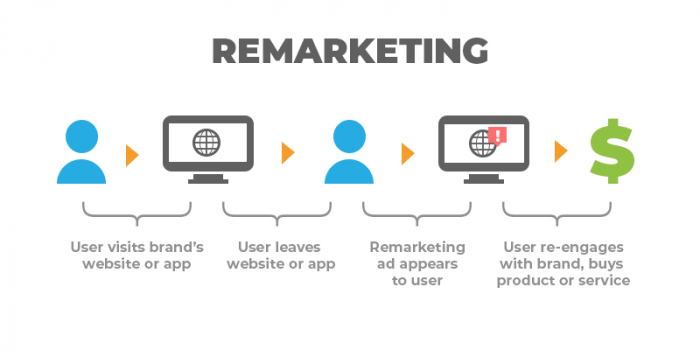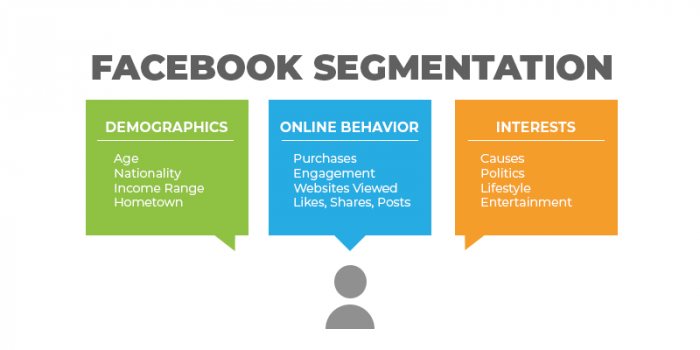Have you ever been surprised to visit a website for the very first time, and find ads on the web page which are specifically focused on a product you were searching for some time recently?
Obviously, that’s not a coincidence, and your browsing habits have been utilized somehow to present products to you which you are known to have interest in.
But how does that work? Where’s the connection between your browsing history, and products which are presented to you in a seemingly random fashion on web pages that you just happen to visit?
This discussion will focus on some of the ways that this is made possible, so the next time it happens to you, you’ll have an understanding of just what’s going on.
Remarketing with Google Ads
One of Google’s most popular services is its Remarketing service, which provides a way for businesses to connect with Internet users who have previously visited a company’s website, or have used its business app. By strategically positioning ads before these users which are known to be of interest to them, it can reinforce brand recognition and awareness of the company, and even remind or encourage the user to make a purchase.

This of course, offers numerous benefits to companies which are trying to advertise their products and increase sales, since it provides very targeted messages to the most desirable segment of a given audience, i.e. those known to have at least some interest in the company’s products. Since all of your browsing data is stored by Google, it becomes a simple matter to place ads on any other sites you visit which display items you have indicated previous interest in.
Facebook Segmentation
Facebook Ads offer a similar kind of service to companies wishing to advertise to a targeted audience, and the segmentation which Facebook conducts on behalf of its ad clientele has the purpose of narrowing down a vast audience into a much smaller one, presumably those segments which are more inclined to purchase the company’s products. There are a number of ways that Facebook can accomplish this segmentation, including geographically, by demographics like age, by lifestyle, by purchase history, and by websites visited (which amounts to Remarketing).

Whenever you log on to Facebook, all of your activity while on the platform is recorded and will be placed in a huge database that can be consulted when Facebook engages in segmentation of its user population for advertising clients. Thus, if you’ve clicked on some product offerings which you’ve seen on Facebook, or if you’ve visited websites from Facebook links, that information will be recorded for potential future use by companies who may be interested in your online behaviors.
Google Ads and Facebook advertising for small business
Now that you’re aware of how these ads appear when you visit seemingly unrelated websites, you may want to incorporate some of these same tactics into your own small business marketing and advertising strategy. Pay-per-click (PPC) for small business and Facebook advertising for small business can be very effective methods of reaching your audience, and if you want to enlist the aid of a professional agency, you can maximize the usage of some of these same tactics used by major corporations.
Reaching the right target audience with the right message doesn’t have to be difficult, and if you know how to go about it, it can help your small business tremendously.









